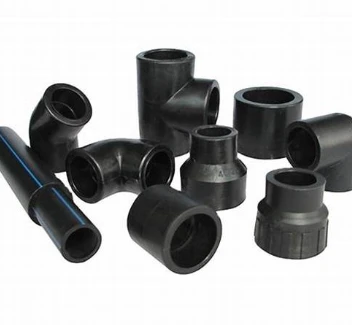Needle Control Valves Production and Best Manufacturers for Efficient Fluid Management
Understanding Needle Control Valves A Manufacturer’s Perspective
Needle control valves play a crucial role in various industrial applications, providing precise control of flow rates in fluid systems. As a manufacturer in this field, it's essential to understand the features, applications, and advantages of these valves, as well as the factors that contribute to their effectiveness in controlling fluid dynamics.
What Are Needle Control Valves?
Needle control valves are specialized devices designed to regulate the flow of liquids and gases. Unlike standard valves, which are typically used for on/off control, needle valves allow for fine adjustments to the flow rate. They achieve this by using a slender, tapered needle that fits into a seat, thus creating a narrow opening. By turning the valve's handle, users can alter the position of the needle, thereby increasing or decreasing the flow with high accuracy.
Key Features of Needle Control Valves
1. Precision Control The primary advantage of needle control valves is their ability to provide precise flow control. This is especially critical in applications where exact measurements are necessary.
2. Durability Made from robust materials such as stainless steel or brass, needle valves are designed to withstand harsh conditions, including high pressures and corrosive fluids.
3. Versatility These valves can be adapted for a wide range of applications, including water treatment, chemical processing, and oil and gas industries.
4. Compact Design Due to their smaller size compared to other valves, needle control valves are ideal for installations where space is limited.
5. Manual or Automated Operation Many needle valves can be operated manually or equipped with actuators for automated systems, providing flexibility depending on operational requirements.
Applications of Needle Control Valves
Needle control valves find applications in numerous sectors
- Pharmaceuticals In the pharmaceutical industry, precise flow control is crucial for maintaining the integrity of compounds during mixing and processing
. Needle valves ensure accurate dosing of liquids.- Chemical Processing In chemical plants, these valves are utilized to control the flow of reactive substances, ensuring safe and efficient manufacturing processes.
needle control valves manufacturer

- Hydraulic Systems Needle valves are employed in hydraulic systems for regulating fluid flow, enabling controlled movement in machinery.
- Water Management Used in water treatment facilities, needle valves help control the flow of chemicals that aid in purification processes.
Manufacturing Quality and Standards
As a needle control valve manufacturer, quality is paramount. Adhering to industry standards such as ISO 9001 ensures that products meet the necessary specifications for safety and performance. Additionally, manufacturers must conduct rigorous testing to confirm the reliability of their valves under different conditions.
Integrating advanced technologies and materials in the manufacturing process enhances product durability and functionality. Innovations such as flow simulation software can aid in designing valves that optimize flow characteristics, minimizing turbulence and wear.
Choosing the Right Manufacturer
When selecting a needle control valve manufacturer, several factors should be considered
1. Experience and Expertise Choose manufacturers with a proven track record in producing high-quality valves.
2. Customization Options A good manufacturer should offer the ability to customize valves based on specific operational needs.
3. Customer Support Strong after-sales support can make a significant difference in maintaining optimal valve performance over time.
4. Certifications Ensure the manufacturer complies with relevant industry standards and possesses necessary certifications.
Conclusion
Needle control valves are an indispensable component of fluid systems across various industries. As a manufacturer, focusing on quality, precision, and customer-centric solutions can set your company apart in a competitive market. By understanding the importance of these valves and their applications, manufacturers can better meet the needs of their clients, driving innovation and efficiency in fluid control solutions.
-
The Key to Fluid Control: Exploring the Advantages of Ball Valves in Industrial SystemsNewsJul.09,2025
-
The Versatile World of 1, 2, and 3 Piece Ball ValvesNewsJul.09,2025
-
Stainless Steel Ball Valves: The Ideal Choice for Efficient Flow ControlNewsJul.09,2025
-
Optimizing Fluid Control with Ball Float ValvesNewsJul.09,2025
-
Manual Gate Valves: Essential for Control and EfficiencyNewsJul.09,2025
-
Everything You Need to Know About Butterfly ValvesNewsJul.09,2025
-
The Versatility of Wafer Type Butterfly ValvesNewsJul.08,2025




